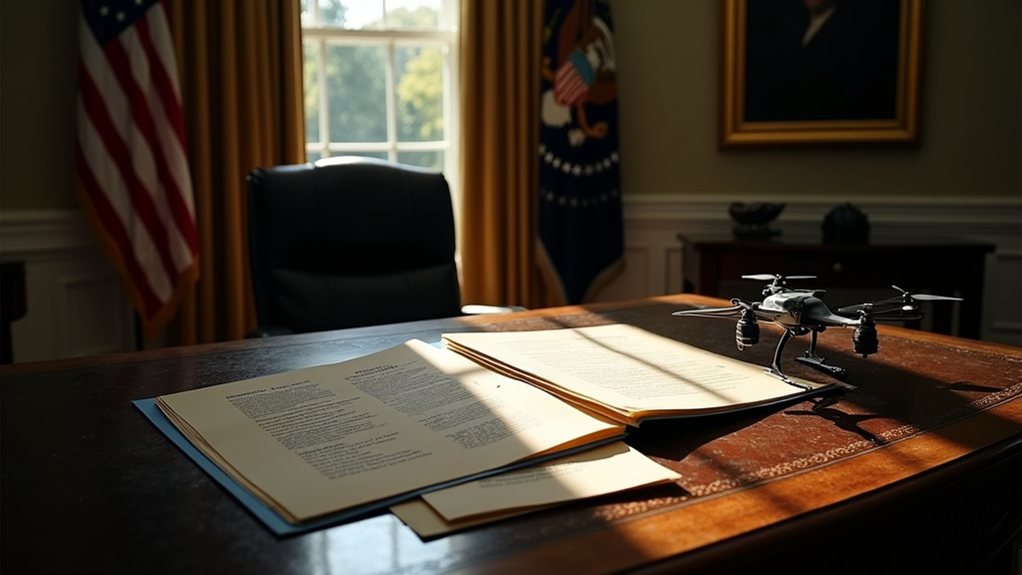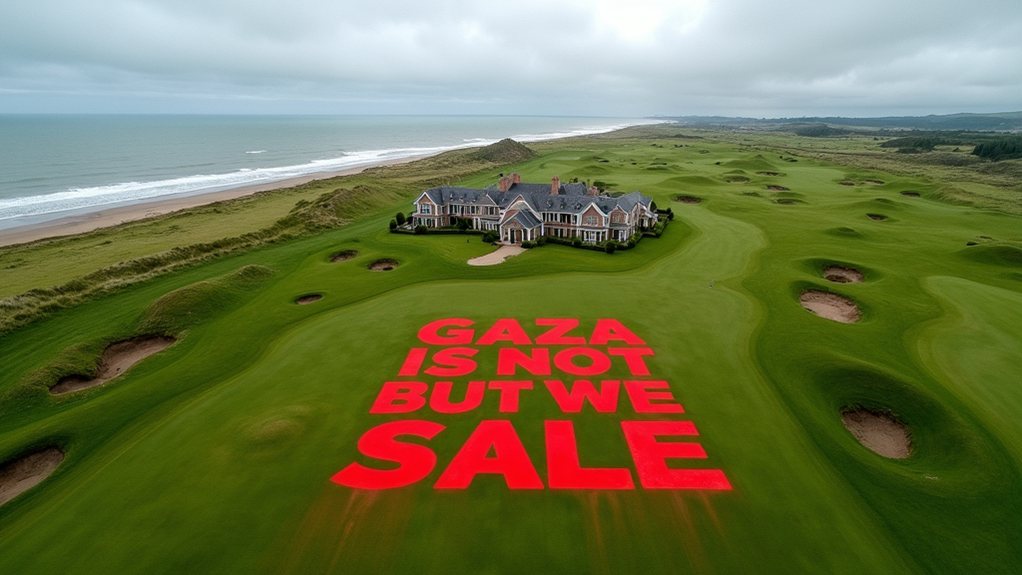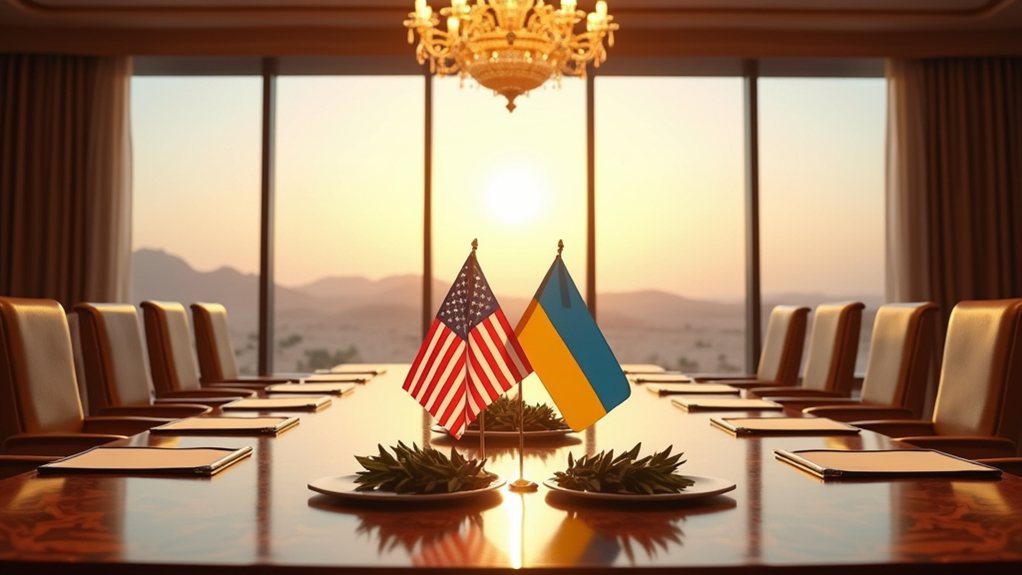In a surprising turn of events, former President Donald Trump openly attacked Ukrainian President Volodymyr Zelenskyy during a meeting in the Oval Office on February 28, 2025. This meeting was meant to discuss continued U.S. support for Ukraine and was expected to conclude with the signing of a Mineral Resources Agreement. Instead, it ended abruptly without a clear resolution.
This marked the first time in U.S. history that a sitting president publicly criticized a visiting head of state. Trump accused Zelenskyy of being "not ready for peace" and claimed he was prolonging the Russo-Ukrainian war. He threatened to withdraw U.S. support if a deal wasn't reached. Trump also misstated that the U.S. had given Ukraine $350 billion and demanded that Ukraine make concessions to Russia.
In an unprecedented move, Trump publicly criticized Zelenskyy, accusing him of prolonging the war and threatening U.S. support.
Ohio Senator J.D. Vance supported Trump's comments, labeling Zelenskyy as "disrespectful" for discussing the dispute publicly. Vance criticized Zelenskyy for not showing enough gratitude for U.S. assistance.
During the meeting, Zelenskyy tried to express his gratitude multiple times. Afterward, he posted thanks on social media and reiterated Ukraine's need for just and lasting peace. He even offered to share drone licenses with the U.S. and suggested that Trump could be honored on the Oval Office wall if he brought peace. Zelenskyy thanked America multiple times during the Oval Office meeting, countering claims of his disrespect.
The immediate aftermath was tense. A planned joint news conference was canceled, and Trump criticized Zelenskyy on Truth Social. Just three days later, the Trump administration suspended all military aid to Ukraine, and the CIA announced a halt in intelligence sharing. By 2025, Ukraine relied heavily on international aid, particularly from the U.S., which added pressure to Zelenskyy's position.
International reactions were swift. U.S. allies rallied behind Zelenskyy, while Russian officials praised the meeting's outcome.
Many observers viewed Trump's behavior as a departure from traditional diplomatic norms. His actions raised questions about future U.S. support for its allies and could potentially backfire, inadvertently boosting Zelenskyy's standing.









